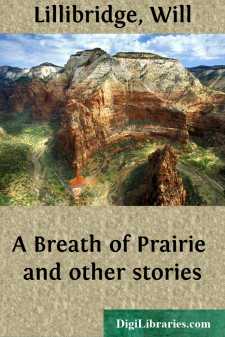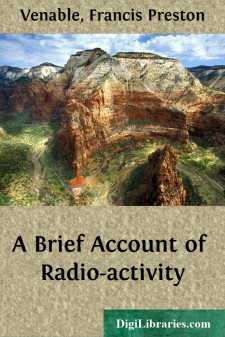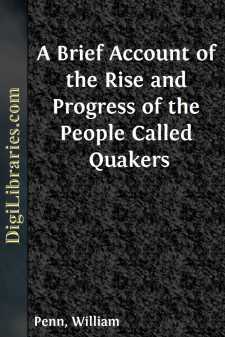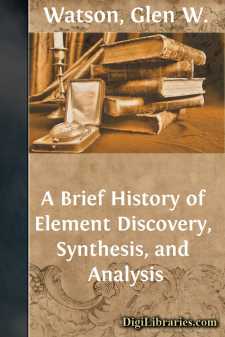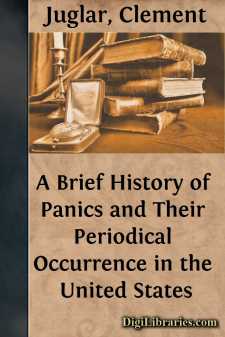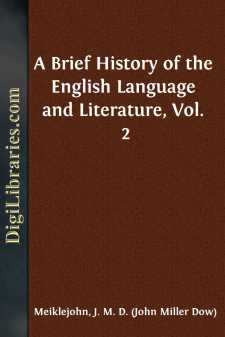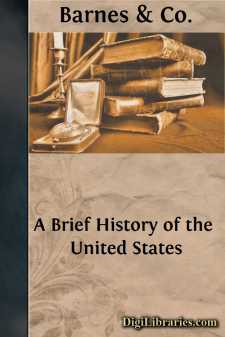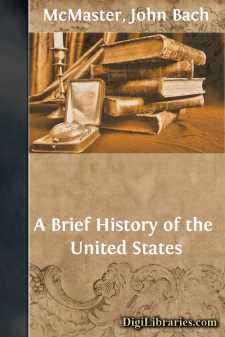Categories
- Antiques & Collectibles 13
- Architecture 36
- Art 48
- Bibles 22
- Biography & Autobiography 813
- Body, Mind & Spirit 142
- Business & Economics 28
- Children's Books 14
- Children's Fiction 11
- Computers 4
- Cooking 94
- Crafts & Hobbies 4
- Drama 346
- Education 46
- Family & Relationships 57
- Fiction 11829
- Games 19
- Gardening 17
- Health & Fitness 34
- History 1377
- House & Home 1
- Humor 147
- Juvenile Fiction 1873
- Juvenile Nonfiction 202
- Language Arts & Disciplines 88
- Law 16
- Literary Collections 686
- Literary Criticism 179
- Mathematics 13
- Medical 41
- Music 40
- Nature 179
- Non-Classifiable 1768
- Performing Arts 7
- Periodicals 1453
- Philosophy 64
- Photography 2
- Poetry 896
- Political Science 203
- Psychology 42
- Reference 154
- Religion 513
- Science 126
- Self-Help 84
- Social Science 81
- Sports & Recreation 34
- Study Aids 3
- Technology & Engineering 59
- Transportation 23
- Travel 463
- True Crime 29
Sort by:
by:
Will Lillibridge
A TRIBUTE It is an accepted truth, I believe, that every novelist embodies in the personalities of his heroes some of his own traits of character. Those who were intimately acquainted with William Otis Lillibridge could not fail to recognize this in a marked degree. To a casual reader, the heroes of his five novels might perhaps suggest five totally different personalities, but one who knows them well...
more...
CHAPTER I "God bless them all! they are good lads." It was now close on eight o'clock and more than two hours ago since first the dawn broke over that low-lying horizon line which seems so far away, and tinged the vast immensity of the plain first with grey and then with mauve and pale-toned emerald, with rose and carmine and crimson and blood-red, until the sun—triumphant and glorious...
more...
CHAPTER I DISCOVERY OF RADIO-ACTIVITY The object of this brief treatise is to give a simple account of the development of our knowledge of radio-activity and its bearing on chemical and physical science. Mathematical processes will be omitted, as it is sufficient to give the assured results from calculations which are likely to be beyond the training of the reader. Experimental evidence will be given...
more...
by:
William Penn
CHAP. I. Containing a brief account of divers dispensations of God in the world, to the time he was pleased to raise this despised people, called Quakers. Divers have been the dispensations of God since the creation of the world, unto the sons of men; but the great end of all of them, has been the renown of his own excellent name in the creation and restoration of man: man, the emblem of himself, as a...
more...
by:
Glen W. Watson
It is well known that the number of elements has grown from four in the days of the Greeks to 103 at present, but the change in methods needed for their discovery is not so well known. Up until 1939, only 88 naturally occurring elements had been discovered. It took a dramatic modern technique (based on Ernest O. Lawrence's Nobel-prize-winning atom smasher, the cyclotron) to synthesize the most...
more...
by:
Clement Juglar
In this translation, made with the author's consent, my chief object being to convey his entire meaning, I have unhesitatingly rendered the French very freely sometimes, and again very literally. Style has thus suffered for the sake of clearness and brevity, necessary to secure and retain the attention of readers of this class of books. This same conciseness has also been imposed on our author by...
more...
INTRODUCTION. 1. Tongue, Speech, Language.—We speak of the “English tongue” or of the “French language”; and we say of two nations that they “do not understand each other’s speech.” The existence of these three words—speech, tongue, language—proves to us that a language is something spoken,—that it is a number of sounds; and that the writing or printing of it upon paper is a quite...
more...
by:
Barnes & Co.
EARLY DISCOVERIES AND SETTLEMENTS. [Illustration: BALBOA.] GEOGRAPHICAL KNOWLEDGE IN THE FIFTEENTH CENTURY.—The people of Europe had then never heard of America. About that time, a great desire for geographical knowledge was awakened. The compass and the astrolabe—an instrument for reckoning latitude—had been already invented. Voyagers were no longer compelled to creep along the shore, but began...
more...
COLUMBUS Behind him lay the gray Azores, Behind the Gates of Hercules; Before him not the ghost of shores, Before him only shoreless seas. The good mate said: "Now we must pray, For, lo! the very stars are gone. Brave Admiral, speak; what shall I say?" "Why say, 'Sail on! sail on! and on!'" "My men grow mutinous day by...
more...
by:
Eliza Southall
BRIEF MEMOIR OF ELIZA SOUTHALL. Eliza Southall, wife of William Southall, Jr., of Birmingham, England, and daughter of John and Eliza Allen, was born at Liskeard, on the 9th of 6th month, 1823. As she felt a strong attachment to the scenes of her childhood, and an interest in the people among whom she spent the greater part of her short life,—an attachment which is evinced many times in the course of...
more...


